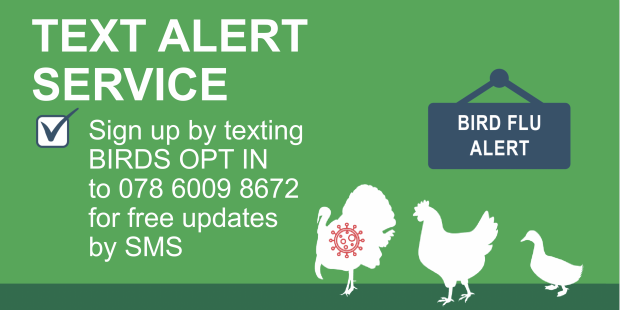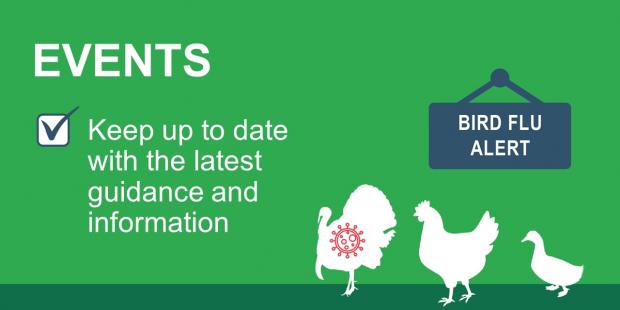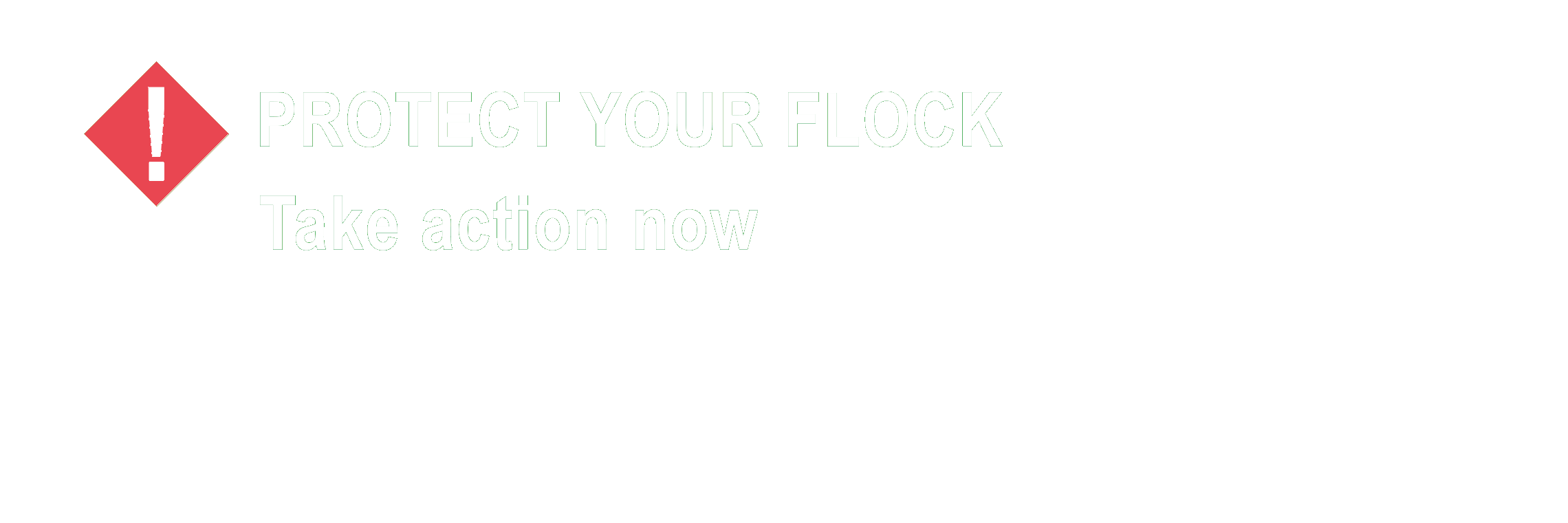Avian Influenza is a notifiable animal disease. If you keep poultry (including game birds or as pets), please remain vigilant for any signs of disease in your flock. If you have any concerns about the health of your birds, please report it to your Private Veterinary Practitioner. If notifiable disease is suspected, contact the DAERA Helpline on 0300 200 7840 or your local DAERA Direct Regional Office. Failure to do so is an offence.
You can find information on what to do if you find a dead wild bird here.
Please note that by law, bird keepers should register their birds. This applies to all birds except those kept within your home. This will enable the Department to provide you with up-to-date information about avian influenza and measures you can take to prevent spread to your birds. Registration forms are available here or by contacting your local DAERA Direct Regional Office.

Update: 07 February 2024
The latest Avian Influenza Veterinary Risk Assessment has been published.
For more information please see here
Further information
Get more guidance and answers to your frequently asked questions here.
Protect your birds
Attention all bird keepers! Take action now to protect your birds from Avian Influenza.
Keep up to date with current AI situation
DAERA Birds Text Alert Service
DAERA encourages all bird keepers to sign up to the text alert service. This will allow you to receive immediate notification of any important disease information, allowing you to protect your flocks at the earliest opportunity.
Text BIRDS OPT IN (to add your number to RECEIVE text messages) or BIRDS OPT OUT (to STOP getting text messages) to 07860 098672.
More information here.


Useful links
- Avian Influenza (AI) News
- Notifiable Epizootic Avian Disease Control Strategy
- DAERA Avian Influenza - Map Viewer
- DAERA Avian Influenza - Veterinary Risk Assessment - Updated 21 September 2023
- General licence for bird gatherings
- Public Health Agency (PHA) website
- Local Councils in Northern Ireland
- Food Standards Agency (FSA) website
- England - DEFRA website
- Scotland - Scottish Government website
- Wales - Welsh Government website
- Republic of Ireland - DAFM website
- Contact Details











